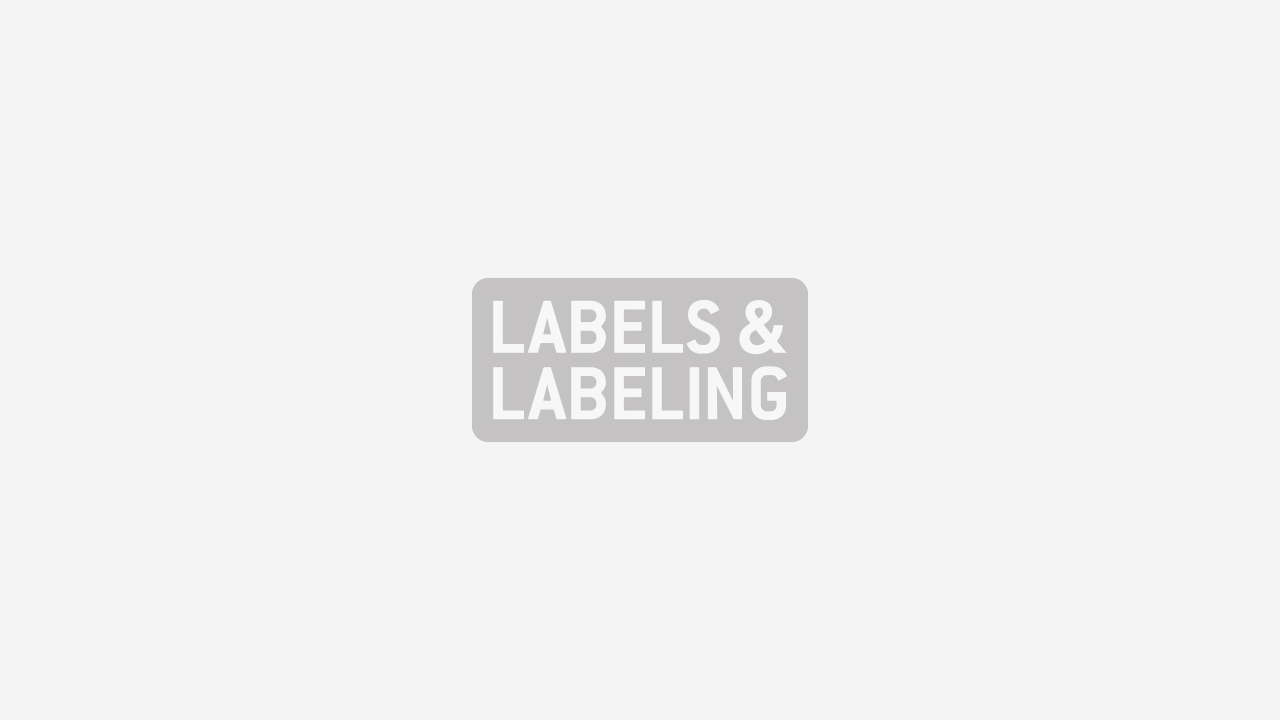Unilever reports sustainability plan progress

Unilever has published a report on the progress it is making towards meeting its Sustainable Living Plan targets. The plan, published in November 2010, committed the company to take responsibility for its impact right across the value chain, from the sourcing of raw materials all the way through to the consumer's use of its products to cook, clean and wash.
As part of the update, Unilever announced that by the end of 2012 it will reach its target of 100 percent certified sustainable palm oil covered by Green Palm Certificates, three years ahead of schedule. While this is strong progress, it said, the company recognizes that the Green Palm Scheme is only a step along the road towards sustainable palm oil, not ‘the end game’. Unilever has now set a new target of purchasing all its palm oil from certified traceable sources by 2020. This means it will be able to track all the certified oil it buys back to the plantation on which it was originally grown.
To help achieve this goal, it announced that it is in advanced stages of discussions with the Indonesian government for investing in a large processing plant for palm oil derivatives in Sumatra. This plant will not only cut back on transport and save money but it will make it easier to trace the sources of the palm oil used.
Unilever's performance against its sustainable living plan targets fall into three categories:
1. Areas where the company is making ‘genuinely good progress’, such as:
- Sustainable sourcing – 24 percent of total agricultural raw materials now being sourced sustainably, versus 14 percent in 2010.
- Nutrition – over 90 percent of Unilever's leading spreads now contain less than one-third saturated fat.
- Renewable energy now contributes 20 percent of Unilever's total energy use. One hundred percent of electricity purchased in Europe is now from renewable sources, and the company has increased its use of biomass to fuel boilers in India and China.
- Safe drinking water – 35 million people have gained access to safe drinking water from Pureit water purifier since 2005.
2. Areas where Unilever ‘has had to consider carefully how to reach its targets, but is now ready to scale up’. These include health and hygiene: Lifebuoy soap's hand washing program reached 48 million people by the end of 2011, and new partnerships such as the ‘train the trainer’ approach in Indonesia.
3. Areas where the company ‘is finding it difficult to make progress and will need to work with others to find solutions’. This applies particularly to targets that require consumer behavior change, such as reducing the use of heated water in showering and washing clothes, or encouraging people to eat foods with lower salt levels.
Unilever CEO Paul Polman said: ‘In a world where temperatures are rising, energy is costing more, sanitation is worsening and food supply is less secure, companies can no longer sit on the sidelines waiting for governments to take action. We have to see ourselves as part of the solution to these problems. In Unilever, we believe that our future success depends upon being able to decouple our growth from our environmental footprint, while at the same time increasing our positive social impacts.
‘Many of our goals look as daunting now as they did when we announced them, but you have to set uncomfortable targets if you are to really change things. Sustainable growth will be the only acceptable model of growth in the future, which is why we have put the Unilever Sustainable Living Plan at the heart of our business strategy. And far from being a hindrance to our progress, we are now seeing increasing evidence that it can drive business growth. Unilever grew well in 2011, but what is encouraging is that the brands which put sustainability at the center of their propositions, like Lifebuoy soap or Persil/Omo Small & Mighty, grew faster than the average.
‘It is also becoming ever clearer that we cannot tackle the big issues alone: much of our progress to date has come where we have worked with others. And at the end of the day, if we achieve our own sustainability targets but no one else follows, we will not have been truly successful. For that reason we are working with other organizations such as the Consumer Goods Forum, World Economic Forum, World Business Council for Sustainable Development, governments, NGOs and others to drive change. At Unilever we believe collaboration will become the only way of doing business in the future.’
Click here for more information and the full first year progress report.
LabelTV: Unilever shares Sustainable Living Plan progress
Click here for more stories about Unilever on L&L.com.
Stay up to date
Subscribe to the free Label News newsletter and receive the latest content every week. We'll never share your email address.

